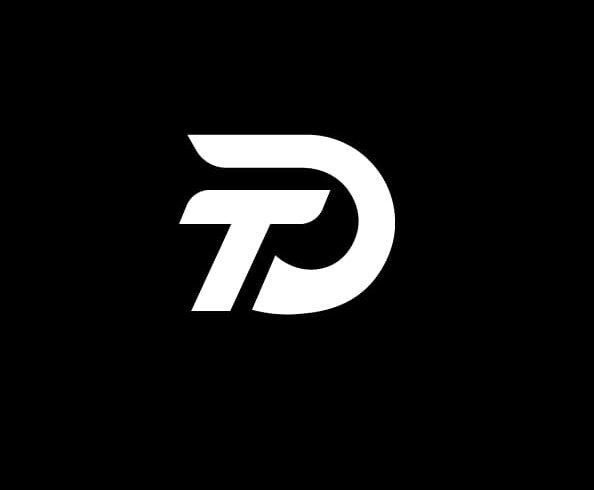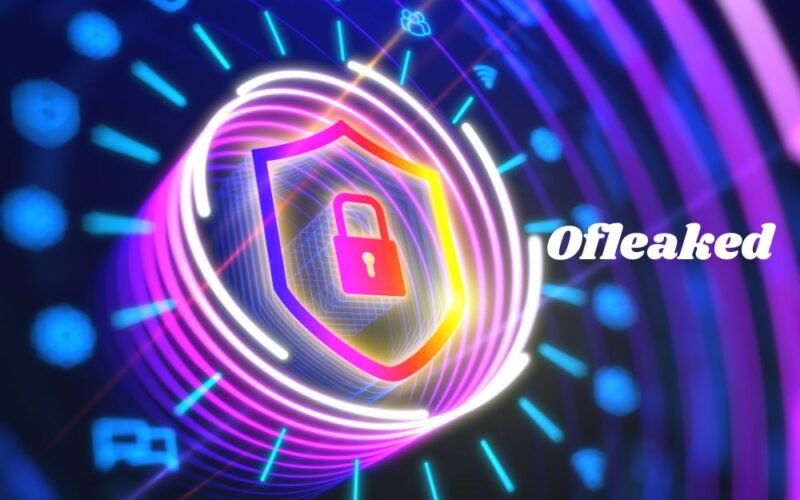In the digital world, details is power. And sharing details can shape minds, impact politics, and alter society. A significant way to share details is through leaks. Ofleaked can be government secrets or private business info. The term “Ofleaked” talks about leaking details in general covers many platforms and places where leaks happen. This article looks at how “Ofleaked” has evolved, its impact, and the debate around it. We’ll dig into how leaks have changed the modern info landscape.
The Evolution of Leaking Info
Leaks Through History
Leaking details are not new. It’s happened for ages. For instance, the leaked Pentagon Papers in the 1970s showed U.S. secrets about Vietnam. The Watergate leak led to Nixon quitting as President. Leaks have long held power accountable.
The Digital Impact on Ofleaked
The internet changed how leaks work. Sharing vast amounts of info quickly and anonymously is easy. Sites like WikiLeaks, which started in 2006, provide platforms for such leaks, amplifying leaks’ reach and impacts a lot.
Types of Leaked Information
Government and Political Leaks
Leaks from governments often have huge impacts. They show corrupt acts, spying, and wrongdoing. Edward Snowden leaked NSA files in 2013. He revealed widespread surveillance by the U.S. This sparked debates worldwide on privacy and security.
Corporate Ofleaked
Leaks from companies can expose unethical practices. They show mismanagement of funds or broken consumer trust—the Panama Papers in 2016 exposed offshore financial dealings. Many high-profile individuals and companies faced legal and reputational consequences.
Personal and Celebrity Leaks
Ofleaked of personal info, especially celebrities, can be very damaging. The 2014 iCloud hack leaked private celeb photos raised serious concerns about digital security privacy.
The Impact of Leaked Information
Societal and Political Implications
Leaks can lead to significant changes in society and politics. Snowden’s leaks led to new laws in the U.S. Tech firms boosted encryption and privacy, too. The Panama Papers increased scrutiny of offshore finances. There, were calls for more transparency.
Economic Consequences
Leaking info can harm the economy. Corporate Ofleaked may change stock prices, lose public trust, and cost a lot legally. For instance, the “Facebook Papers” leak showed how Facebook handled false info and hate speech, which led to more rules and public anger.
Personal and Ethical Points
For people, leaks can badly harm reputations and privacy. The ethics around leaks is complex. The public’s right to know must be weighed against potential harm to people and groups.
Disputes and Legal Problems
The Ethics of Leaking
People argue strongly about leaks’ ethics. Some say leaks ensure transparency and accountability when groups fail in the public interest. Others say leaks endanger lives, national security, and privacy rights.
Legal Risks for Leakers
Leakers often face severe legal action. Edward Snowden remains in exile to avoid Espionage Act charges. Chelsea Manning, who leaked military docs to WikiLeaks, went to prison for years. These cases show risks leakers face.
Tech’s Role in Enabling Leaks
Leaks have become easy due to tech growth. Secure tools help leakers share info while hiding their names. But this makes it hard for law enforcers and experts to stop leaks.
Major Leaks
The Pentagon Papers
Daniel Ellsberg leaked secret papers in 1971. They showed the U.S. lied about the Vietnam War. This leak hurt trust in the government. It helped end the U.S. role in that war.
WikiLeaks and Assange
WikiLeaks, led by Julian Assange, leaked many big secrets, including videos, emails, and cables. These leaks sparked debates on openness, press freedom, and cybersecurity worldwide.
Snowden’s Revelations
In 2013, Edward Snowden leaked NSA files. They exposed the U.S. government’s global surveillance programs. This led to legal changes and debates on privacy and state spying.
The Panama Papers
The Panama Papers were leaked financial papers. They showed how the rich and firms used offshore accounts for tax evasion and money laundering. This leak had a significant legal and political impact globally.
More Advanced Cyberattacks
As tech grows, methods to get and spread leaks get smarter. Hackers use tricky ways to break into safe systems and get secret info. Bad things like ransomware and phishing attacks pose a significant threat to public and private groups.
Laws and Rules React
Governments and groups keep changing laws and rules to deal with leaks. Things like GDPR in the EU aim to boost privacy and safety. But how well these rules stop leaks is still debated.
Finding the Right Balance
The tug-of-war between openness and safety is a key issue with leaks. While openness matters for democracy and accountability, too much can hurt security and how well things run. Getting the right balance is tough for leaders and places.
The End
The “Ofleaked” case shows how big an impact leaks can have on society, politics, and business. From showing gov’t wrongs to uncovering company misdeeds, leaks have shaped public talk and driven change. But ethical, legal, and security issues from leaks can’t be ignored. As tech grows, the leaks landscape will, too, need more talk and fixes for complex problems. In this changing world, strong safeguards, proper whistleblowing, and informed public debate matter more than ever.
Stay Connected with techydunk
FAQs
What is “Ofleaked”?
“Ofleaked” is about data leaks. It covers leaks of info from governments, firms, and people. It talks about how private info gets out. It also covers the impacts and debates around these leaks.
Why are info leaks significant?
Info leaks can show hidden truths. They bring openness about what governments and firms do. They also show people’s private actions. But leaks can harm privacy and cause money losses. They raise safety risks too. So their ethics and laws are hotly debated.
How do new technologies impact leaks?
New tech makes it more accessible to leak data. Tools let you to share info anonymously and store it safely. But new tech also makes preventing leaks harder. Cyber threats get more innovative and more common.


